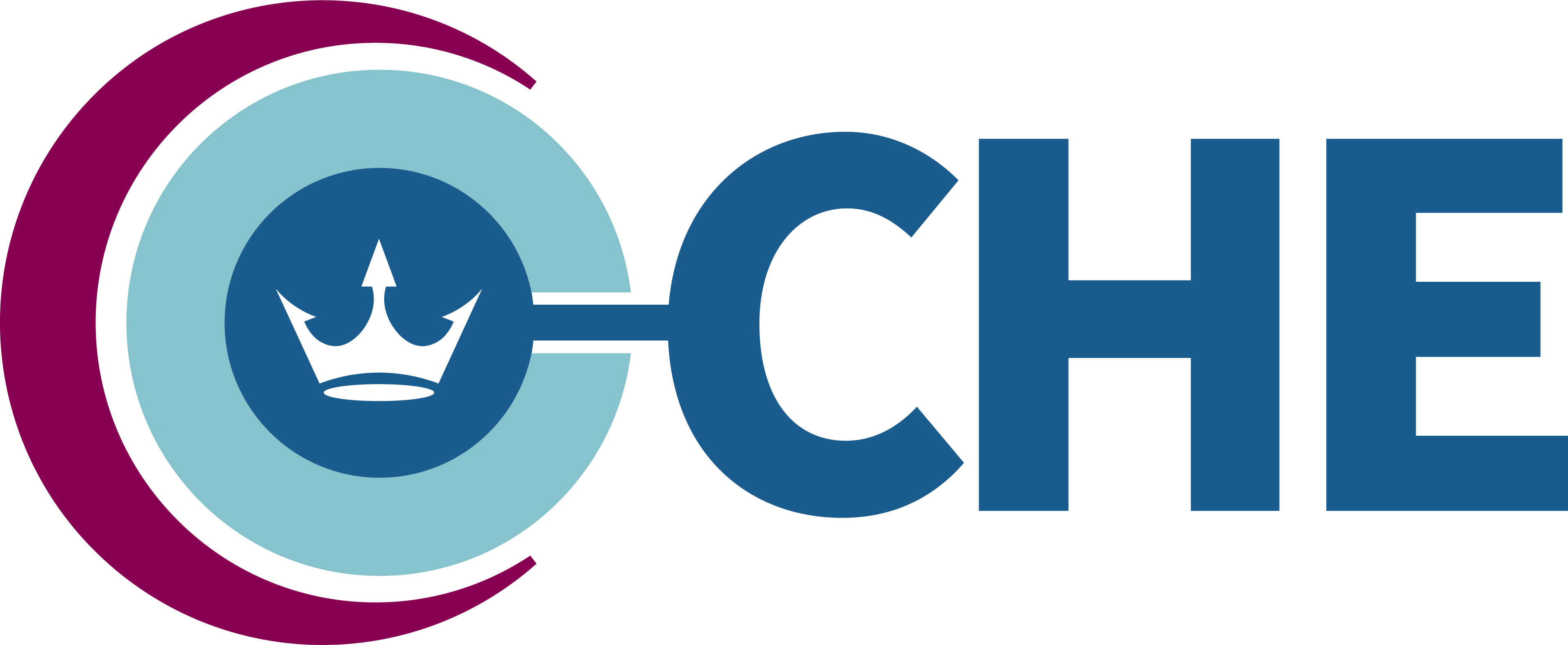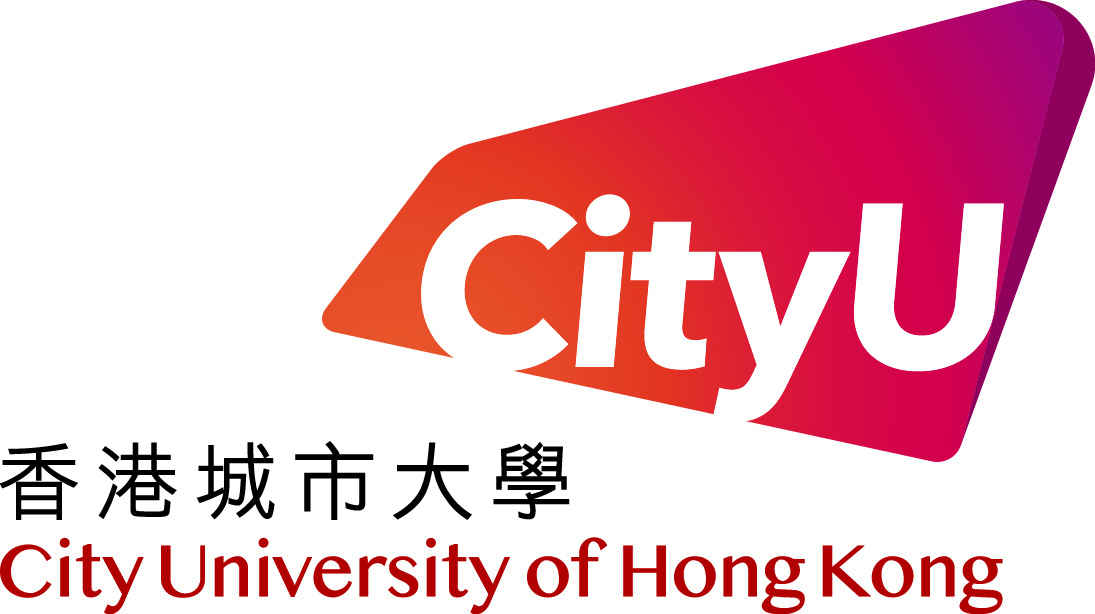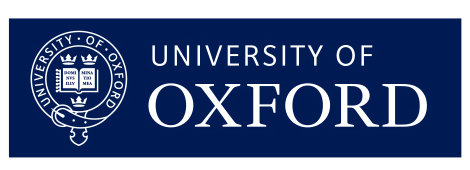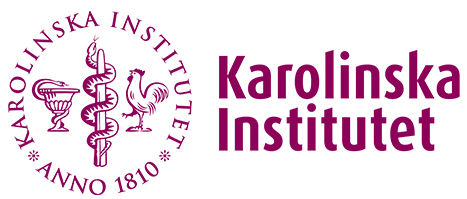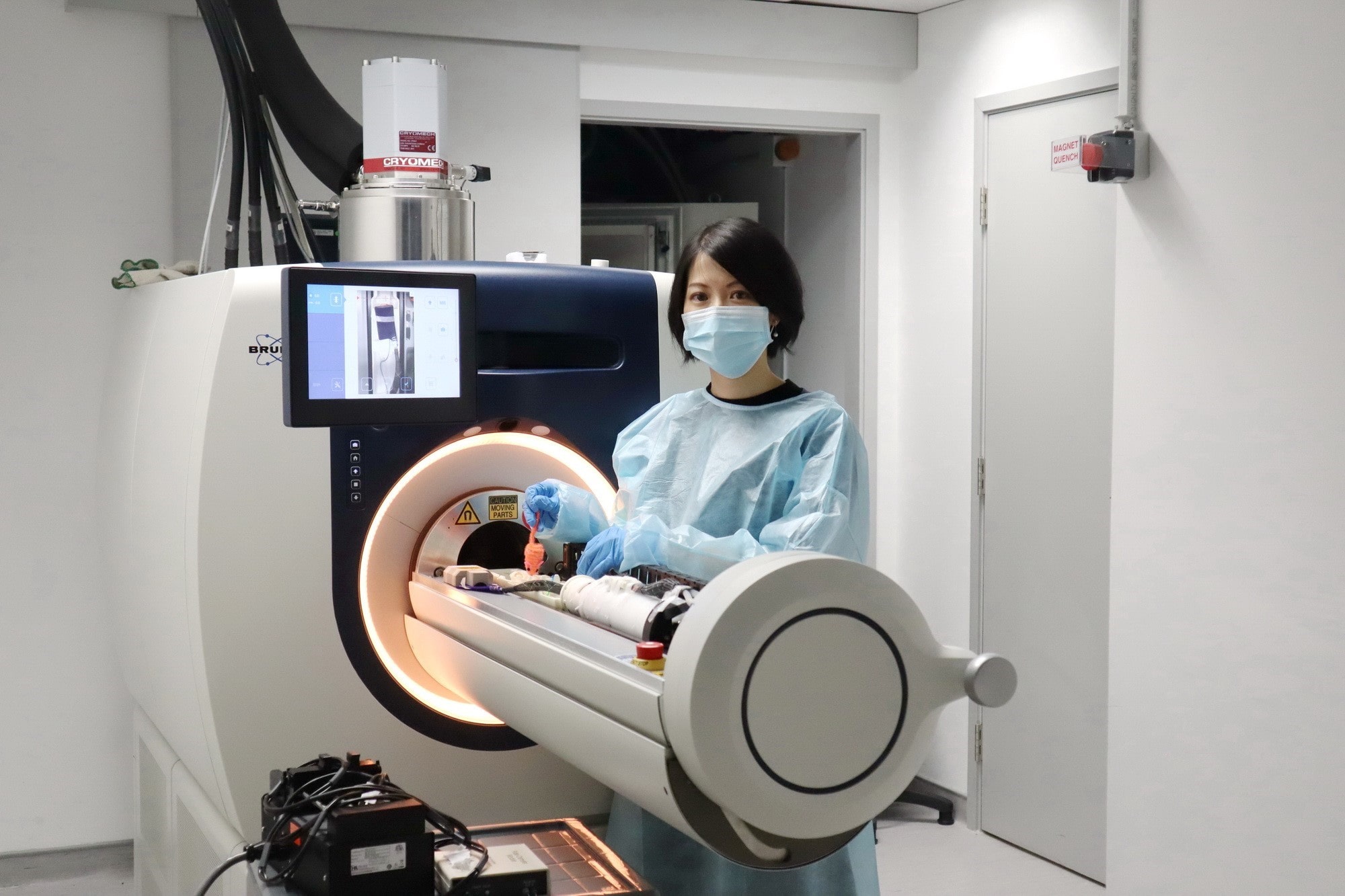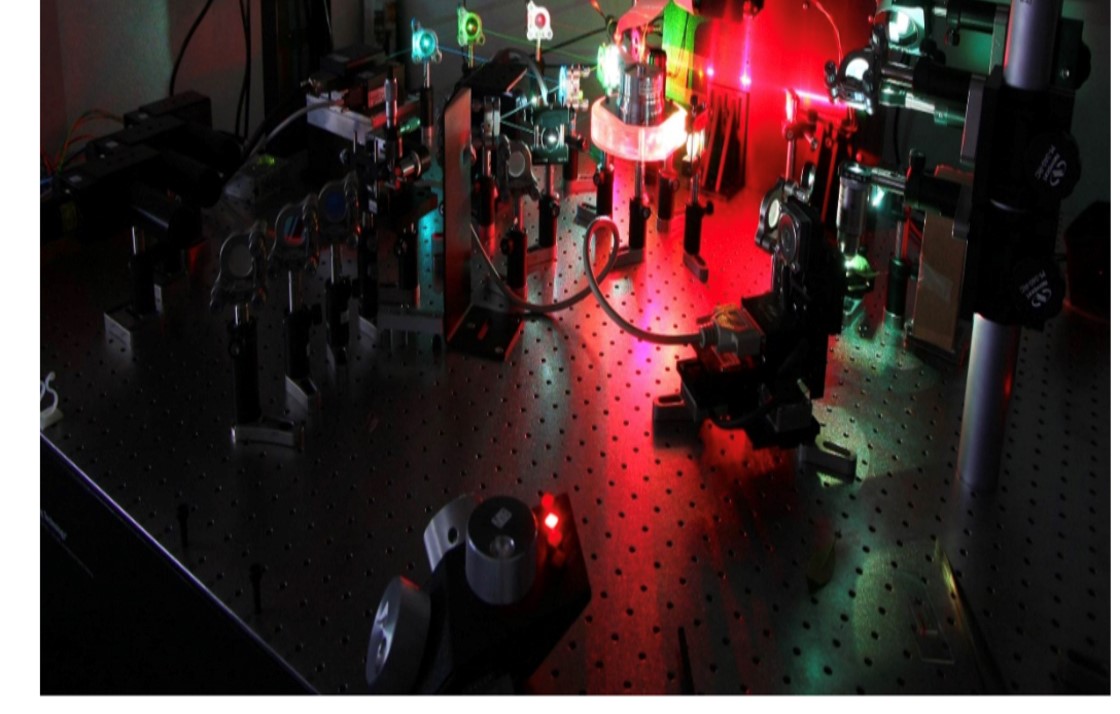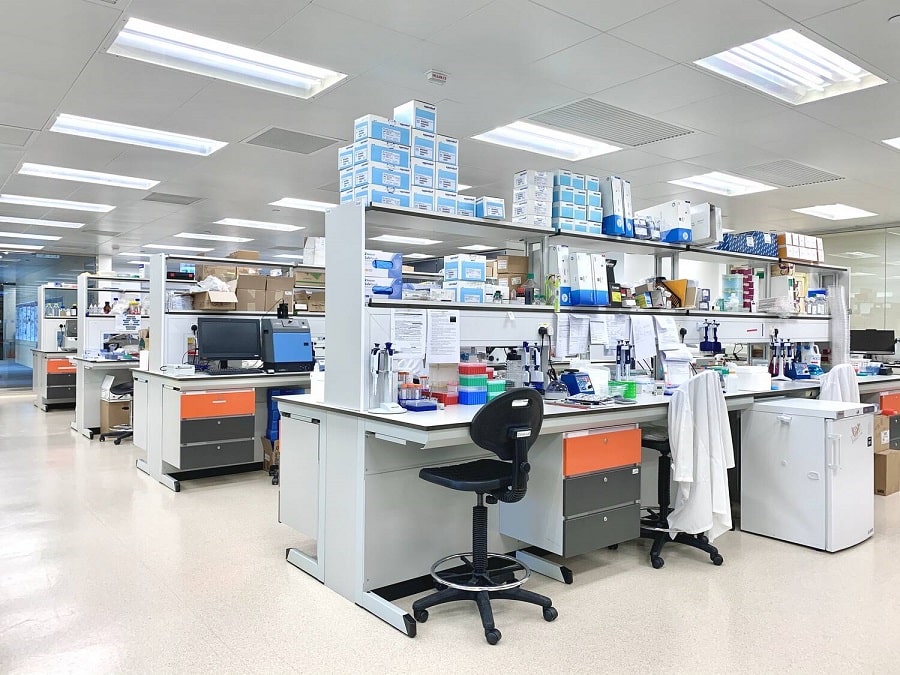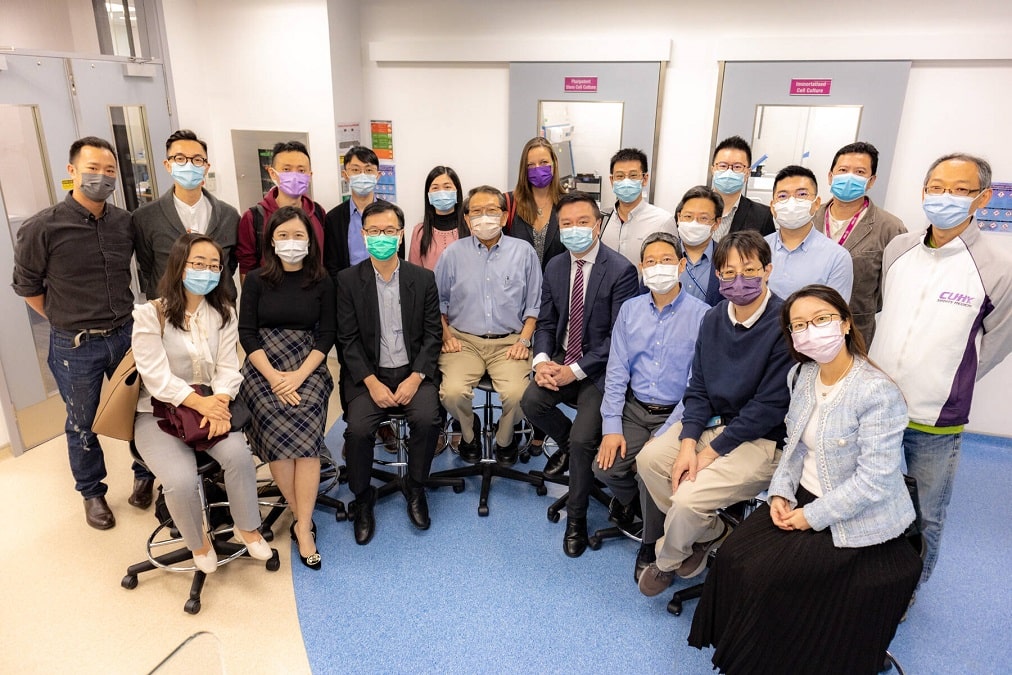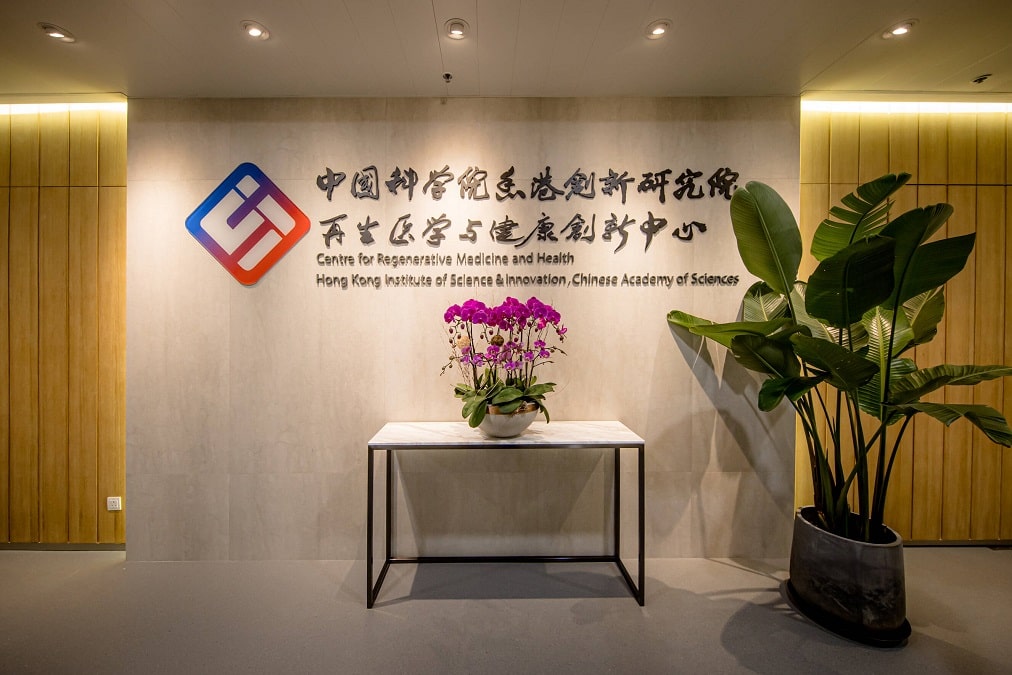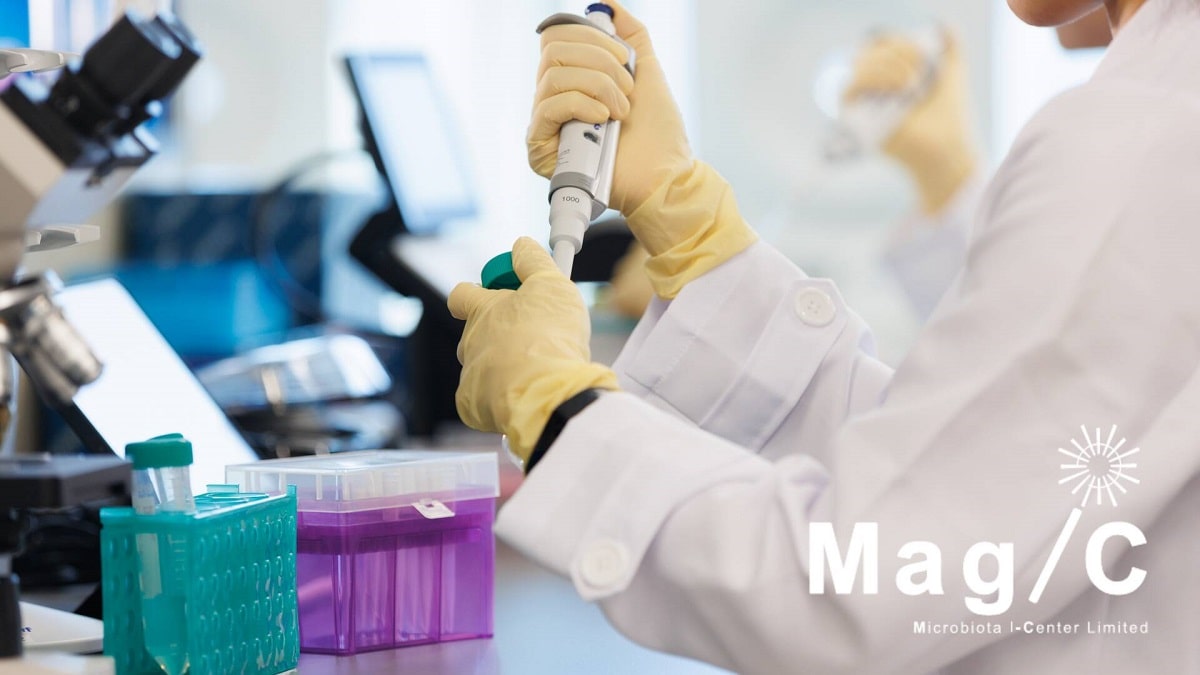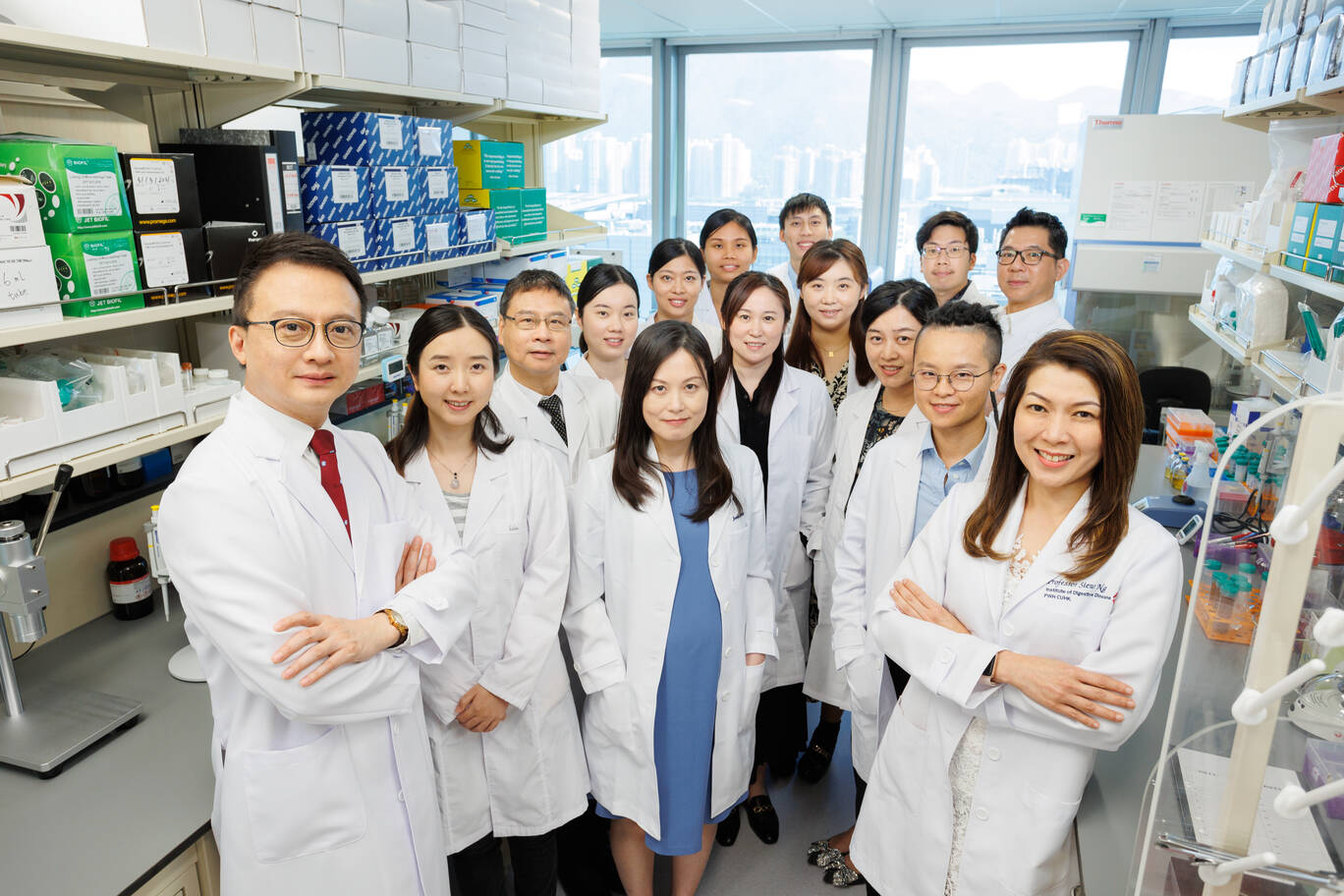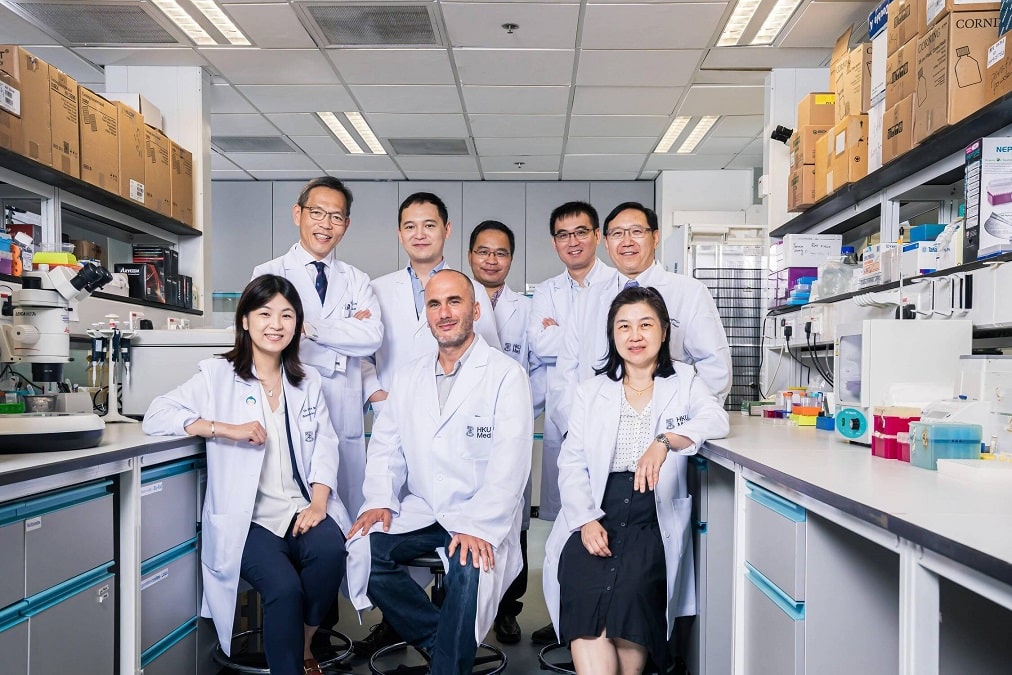Hong Kong Centre for Cerebro-Cardiovascular Health Engineering
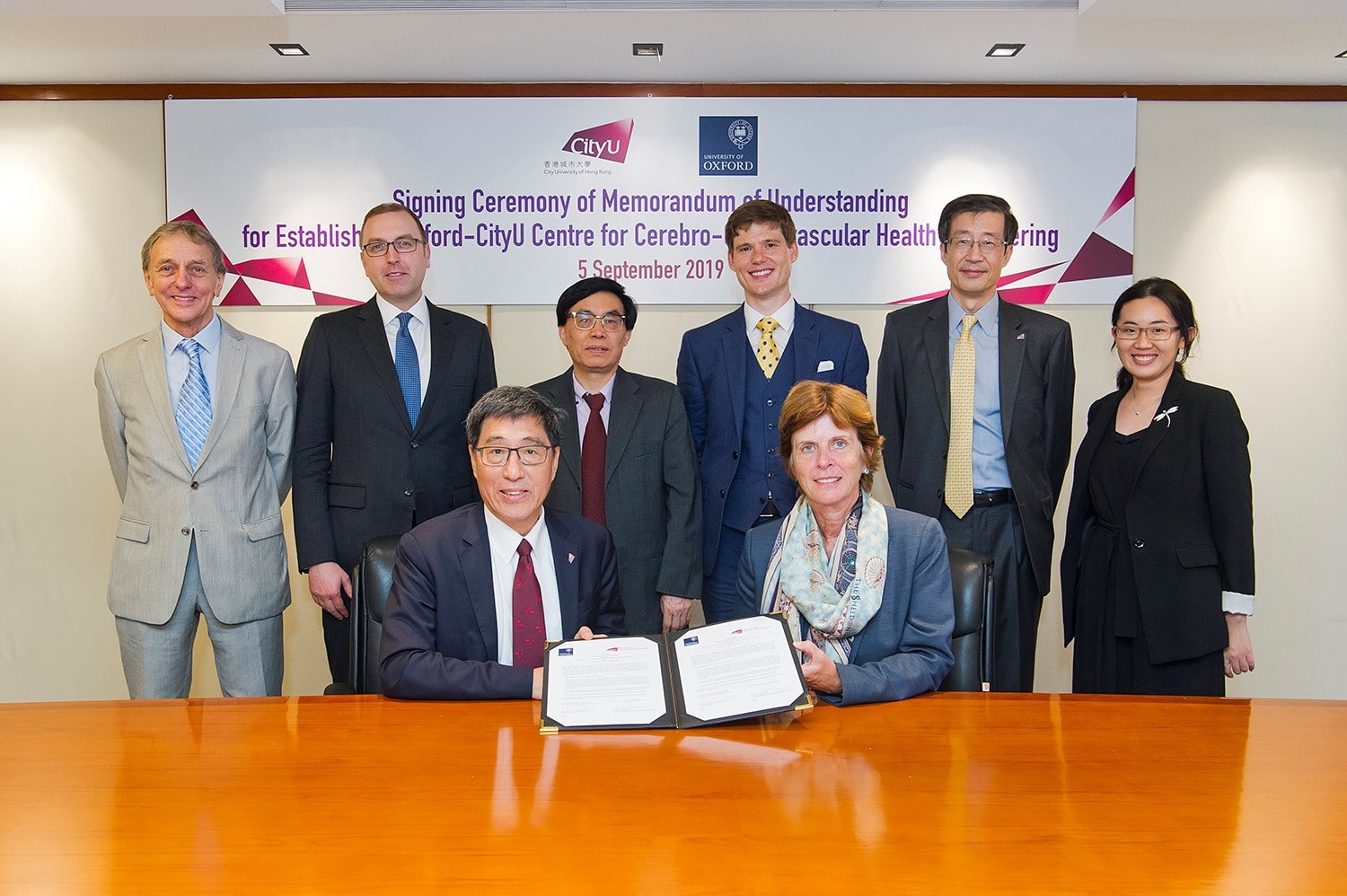
Early Detection, Prevention and Intervention of Cardiovascular Disease with Innovative Technologies
Early Detection, Prevention and Intervention of Cardiovascular Disease with Innovative Technologies
Cardiovascular disease (CVD) is the world’ s leading cause of morbidity and mortality as well as the health industry’s most costly disease for treatment. Yet, despite recent advances in its treatment, more effective and accessible ways to tackle CVDs remain to be discovered. Hong Kong Centre for Cerebro-cardiovascular Health Engineering (COCHE) is taking on the challenge to develop new ways to treat CVD with innovative technologies allowing early prediction and intervention, so people can stay a step ahead of the disease. These technologies can also reduce the human cost, as well as alleviate both the financial and social burden, on the healthcare system.
COCHE focuses on the development of ground-breaking systems to enable early diagnosis and intervention of CVD using cerebro-cardiovascular health engineering technologies, in particular:
- Wearable technologies, including flexible sensing and soft robotics that can be worn either externally or inside the body. Sensors are being designed to help users stay healthy and in shape, monitor CVD risk factors, detect life-threatening conditions and provide on-site and real-time CVD therapies.
- Micro-nano-biosensors, which are developed and adopted to provide ultra-sensitive detection of biomarkers that would send out an alert when an individual is developing the disease.
- Multi-modal and multi-scale medical imaging technologies, that can be used to develop tools for precise evaluation of the vulnerability of blood plaque.
- Artificial intelligence (AI), that integrates and analyses information obtained by wearable devices, biosensors and medical imaging technologies for early identification and prediction of vulnerable CVD patients.
COCHE believes deployment of a sensing- and imaging-based healthcare AI system enabling the early prevention of the diseases will lead to affordable solutions to reverse current CVD trends.
Project team members
-
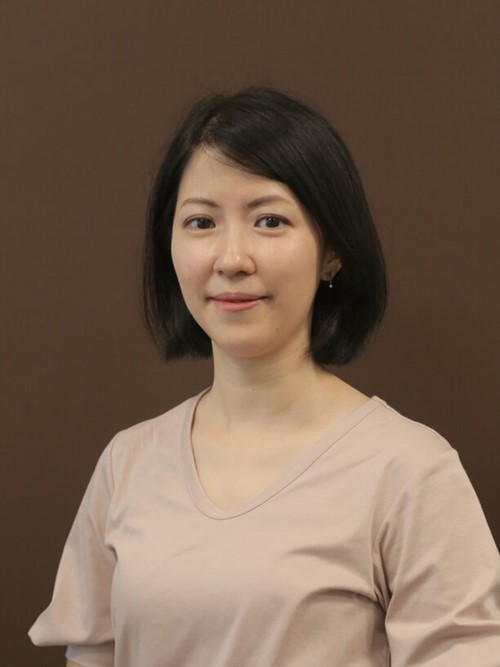 Professor Kannie WY Chan
Professor Kannie WY ChanDirector, COCHE;
Professor of Biomedical Engineering, City University of Hong Kong -
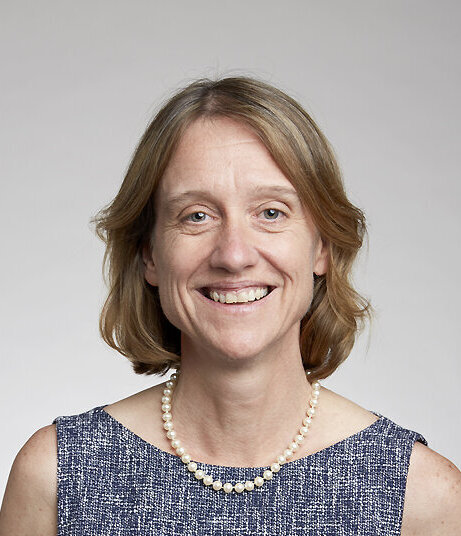 Professor Alison Noble
Professor Alison NobleCo-Director, COCHE;
Technikos Professor of Biomedical Engineering, University of Oxford -
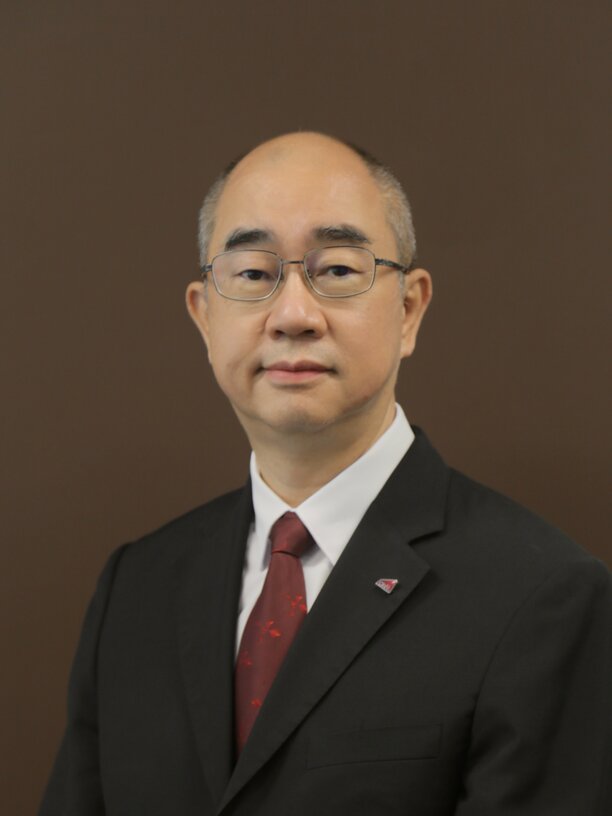 Professor Raymond HF Chan
Professor Raymond HF ChanCo-Director, COCHE;
Chair Professor of Mathematics and Dean (CSCI), College of Science, City University of Hong Kong -
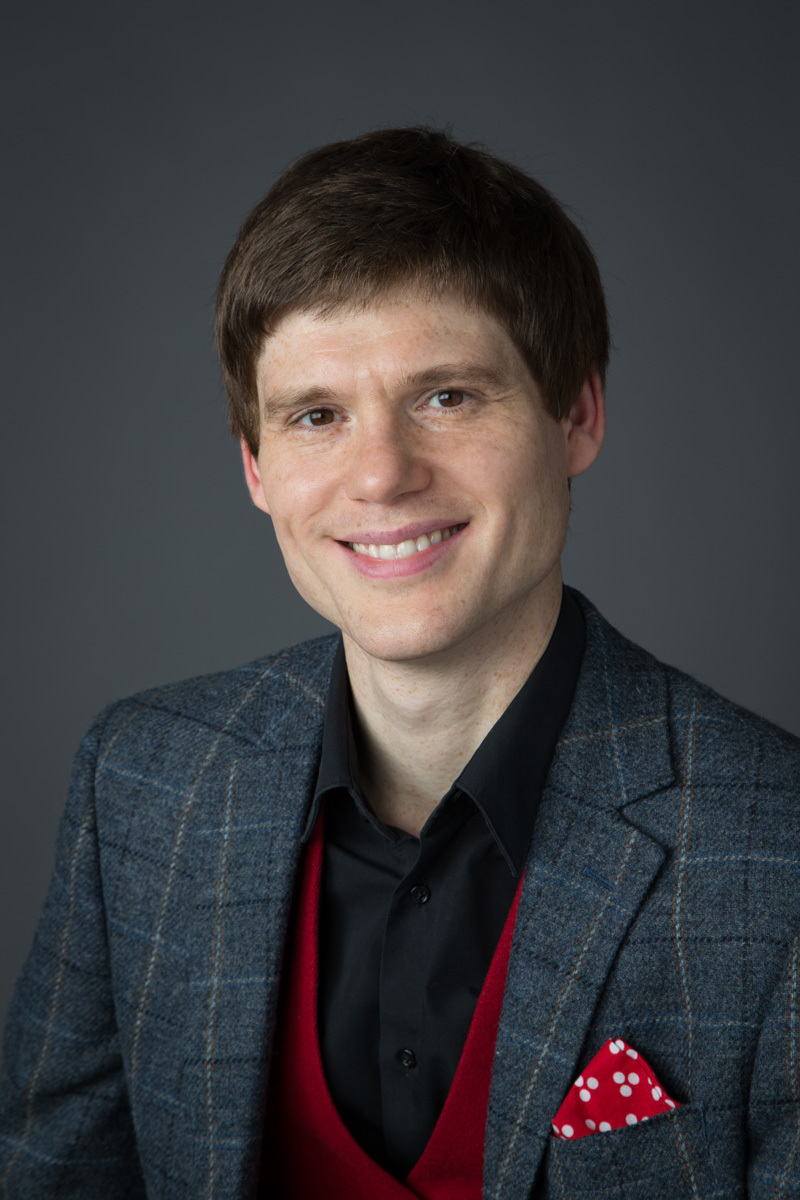 Professor David Clifton
Professor David CliftonCo-Director, COCHE;
Professor of Clinical Machine Learning, University of Oxford -
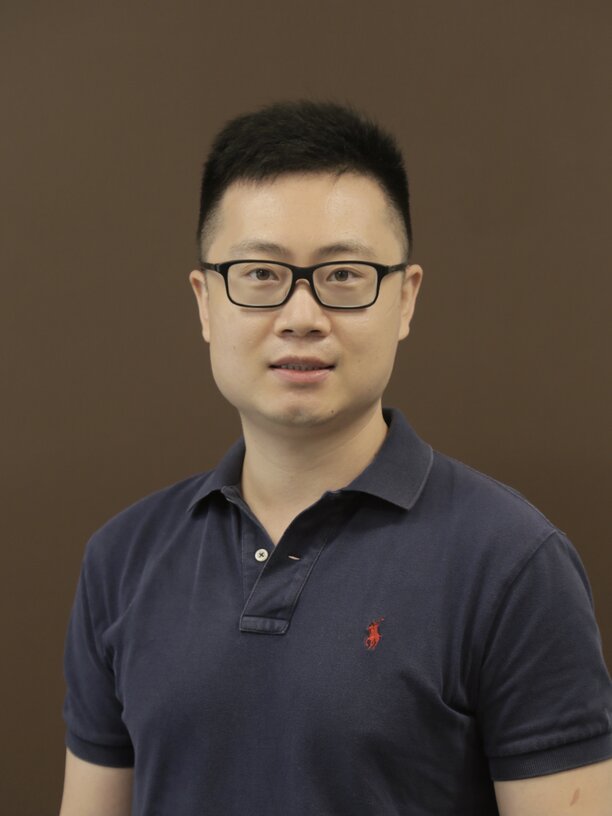 Professor Xinge Yu
Professor Xinge YuAssistant Director, COCHE;
Associate Professor of Biomedical Engineering, City University of Hong Kong -
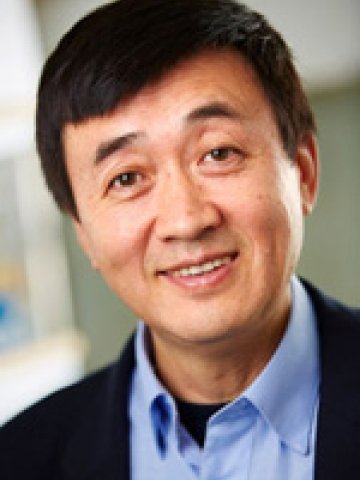 Professor Yihai Cao
Professor Yihai CaoCo-Principal Investigator, COCHE;
Professor of Vascular Biology, Karolinska Institutet, Sweden
